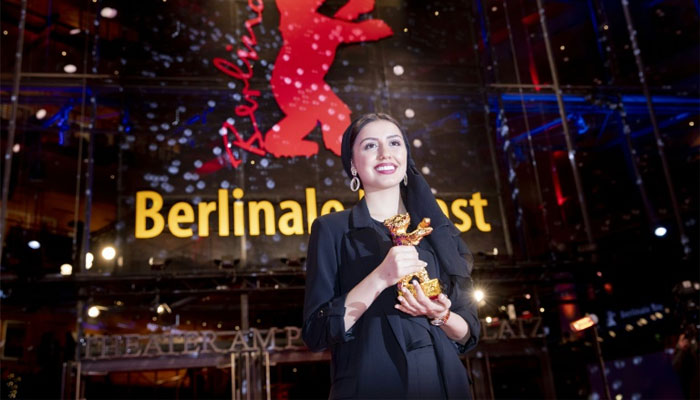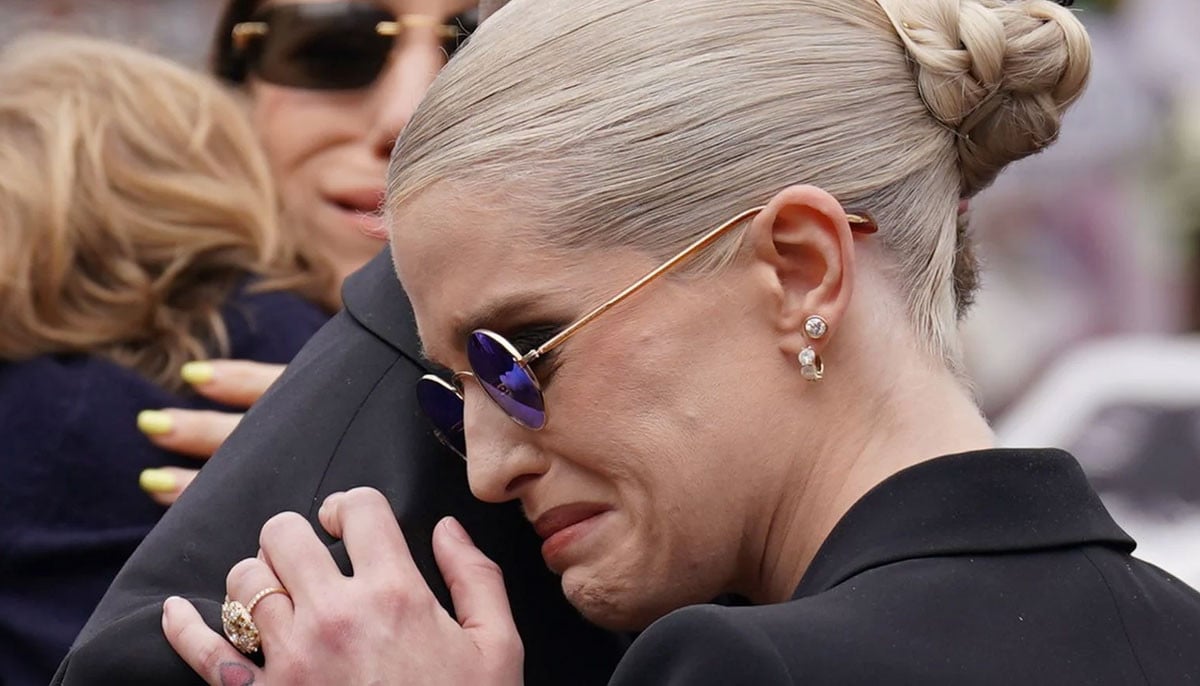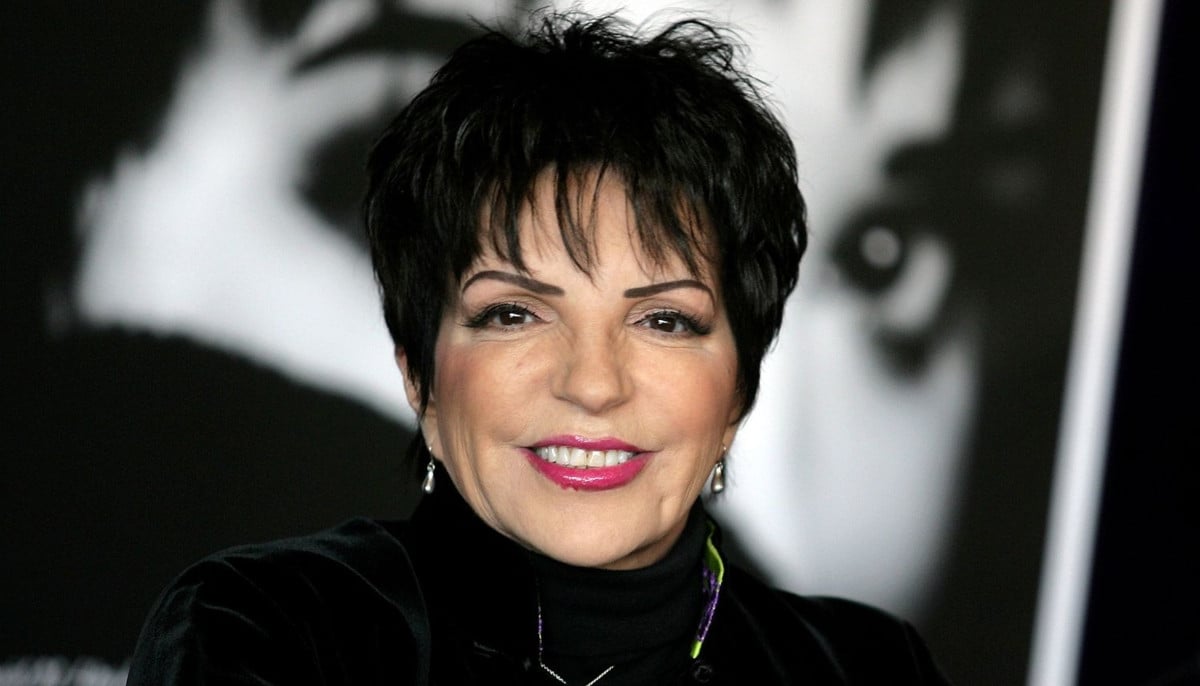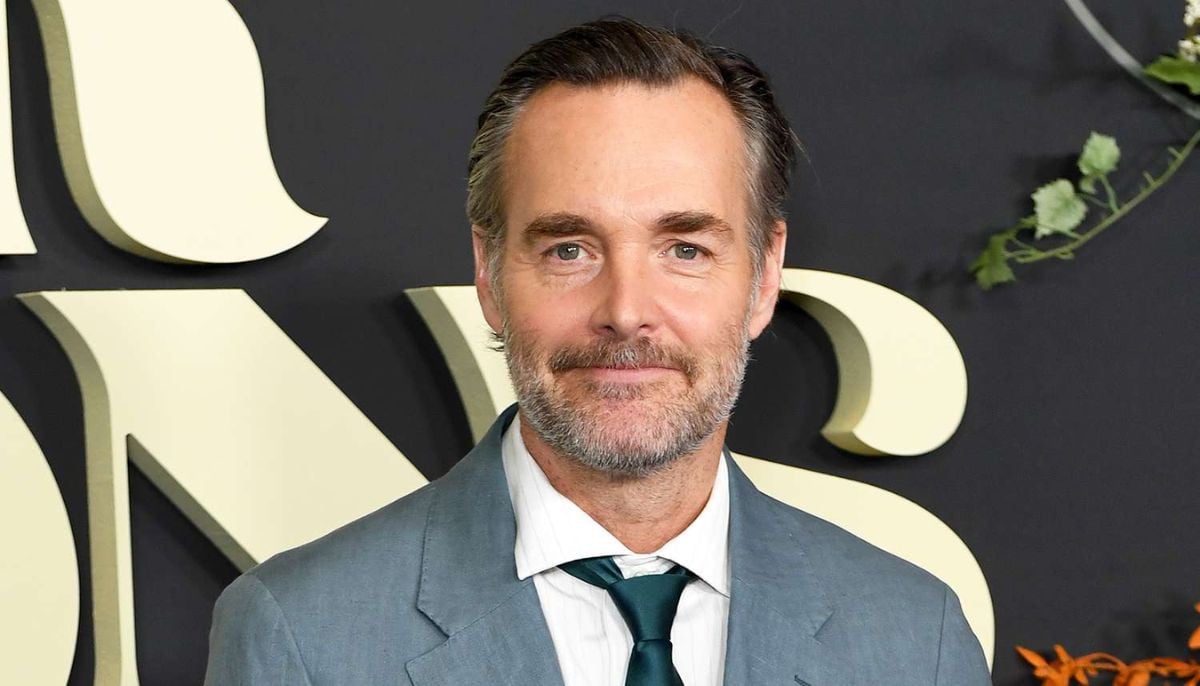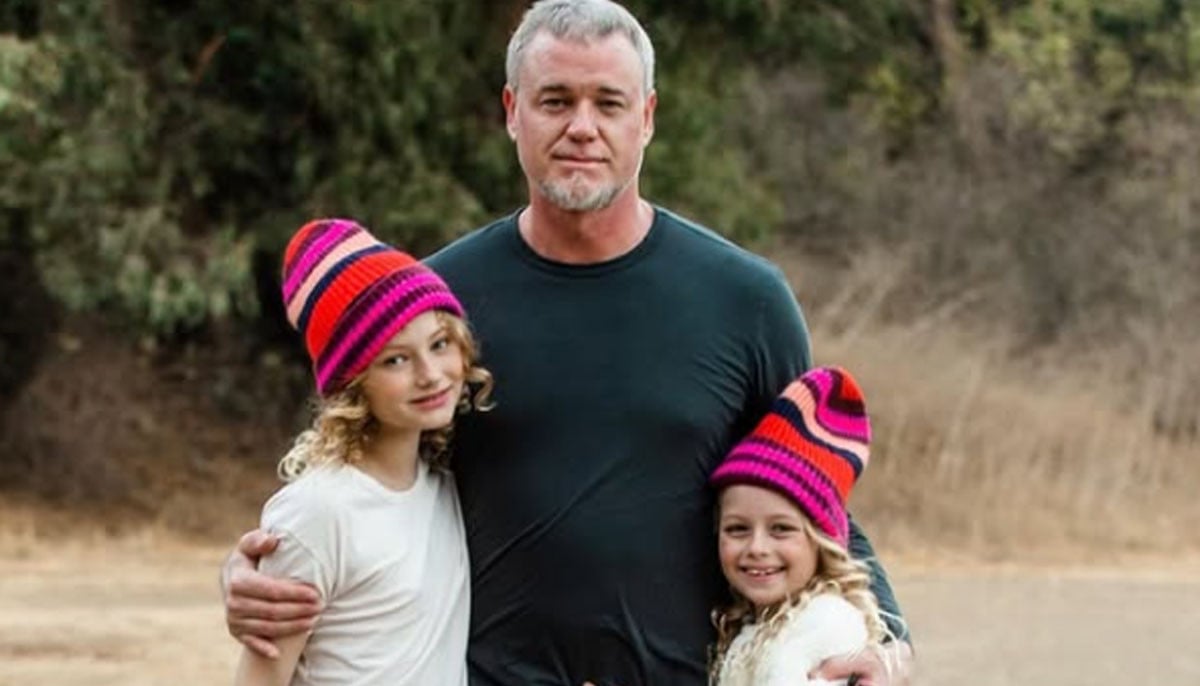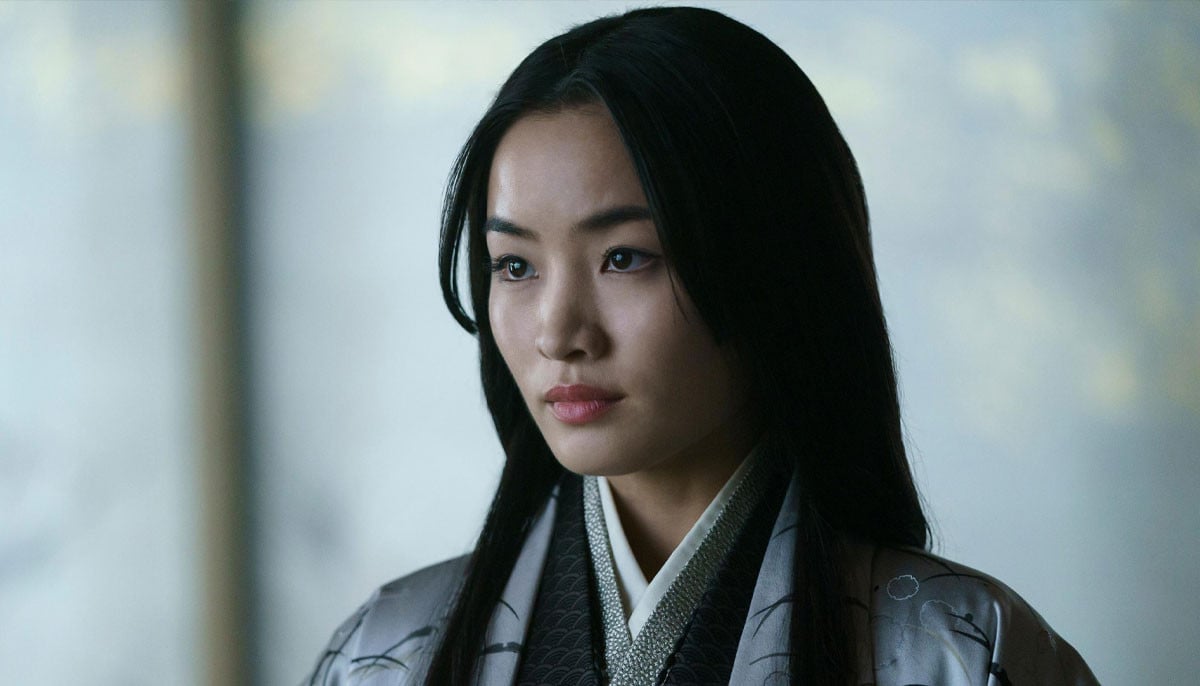Forbidden to leave Iran, filmmaker Mohammad Rasoulof sacred in Berlin
After a 70th edition with political overtones, the Berlinale awarded the Golden Bear to There is No Evil, a film on the death penalty for Iranian dissident Mohammad Rasoulof
After a 70th edition with political overtones, the Berlinale awarded the Golden Bear to There is No Evil, a film on the death penalty for Iranian dissident Mohammad Rasoulof, forbidden from leaving his country, and also rewarded a drama on abortion.
The jury chaired by British actor Jeremy Irons presented the most important prize of this edition on Saturday evening to an absent, already awarded in 2017 in Cannes for A man with integrity, who had won him a conviction two years later at two years ban on leaving the country and a prison sentence.
Reached by phone after the ceremony, the director seemed happy but tired. "The film is about people taking responsibility for their actions. The hardest part when you make a decision is to justify it," he said.
His film, the last of 18 in competition, deals in four sequences with the death penalty, a taboo subject in Iran, seen by the executioners and by the families of the victims.
Rasoulof having also been prohibited from shooting, it was necessary to use subterfuges to make the film. "Mohammad was talking about it four months ago, at that time, we didn't know if he would go to prison, so we decided to do it as quickly as possible," explained his producer Farzad Pak, alongside Baran Rasoulof, actress. and daughter of the director.
He also wanted to salute to the press the courage of the whole team "who put his life in danger for being in the film".
Controversies
Confirming its committed dimension, the Berlinale also awarded "Never rarely sometimes always" by the American Eliza Hittman, on abortion. The film won the grand jury prize (Silver Bear). Without pathos, he follows in the footsteps of 17-year-old Autumn, who goes to New York with his cousin to have an abortion.
The strongest scene is where a social worker questions her about possible violence she could have suffered, on a scale ranging from "never" to "always", giving her title to the film.
"There are very prominent topics today but we have to make our choices based on the story, on how the film works with an audience," warned Jeremy Irons, when asked about the #MeToo movement.
After the reappearance of an interview where he made remarks deemed sexist, the 71-year-old actor had to make a point on the first day of the festival, showing his support for the right to abortion, gay marriage and movements defending women against harassment.
This controversy is not the only one that clouded the beginnings of the festival, the first with a new management team at its head: the Italian Carlo Chatrian, former artistic director of the Locarno festival, and the Dutch Mariette Rissenbeek.
Revelations about the Nazi past of a former director of the Berlinale forced them to transform the Alfred-Bauer Prize into a Silver Bear.
The duo replaced the German Dieter Kosslick, after 18 years at the helm, and wanted to place this edition under the sign of diversity, a subject which agitates the cinema industry, from the Bafta to the Oscars via the Caesars.
Hang Sang-soo best director
Among the other award-winning films, there are the French "Erase history" by the duo Benoît Delépine-Gustave Kerven, a hilarious comedy about our digital habits (Special silver bear for the 70th edition of the festival) and in another register, "Irradiated "by Rithy Panh, prize for best documentary, which confronts the viewer with poignant images of Hiroshima and the Shoah.
The South Korean Hang Sang-soo was finally crowned best director for "The Woman Who Ran", with his favorite actress Kim Min-hee.
The Italian Elio Germano and the German Paula Beer were rewarded for their respective roles in "Hidden away", portrait of a marginal Italian painter and "Undine", aquatic fable and in love with Christian Petzold.
"DAU. Natasha", which created controversy due to scenes of physical and psychological violence, was awarded via its director of photography, the German Jürgen Jürges, known for his collaborations with Fassbinder and Wim Wenders. He received the Silver Bear for best artistic contribution on Saturday.
The film by Russian Ilya Khrzhanovsky is part of a monumental experimental project in which 400 volunteers were filmed for two years in a replica of a Soviet scientific city in Ukraine. An experience that gave birth to fifteen films on the totalitarian experience.
-
Eric Dane's family shares heartbreaking statement after his death
-
'Never Have I Ever' star Maitreyi Ramakrishnan lifts the lid on how she avoids drama at coffee shops due to her name
-
Chyler Leigh pays moving homage to 'Grey’s Anatomy' co-star Eric Dane: 'He was amazing'
-
Matthew Lillard admits fashion trends are not his 'forte'
-
Anna Sawai opens up on portraying Yoko Ono in Beatles film series
-
A$AP Rocky throws Rihanna surprise birthday dinner on turning 38
-
Dove Cameron calls '56 Days' casting 'Hollywood fever dream'
-
Timothée Chalamet compares 'Dune: Part Three' with iconic films 'Interstellar', 'The Dark Knight' & 'Apocalypse Now'
